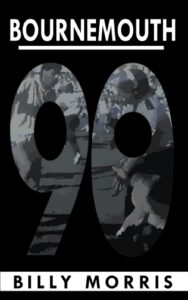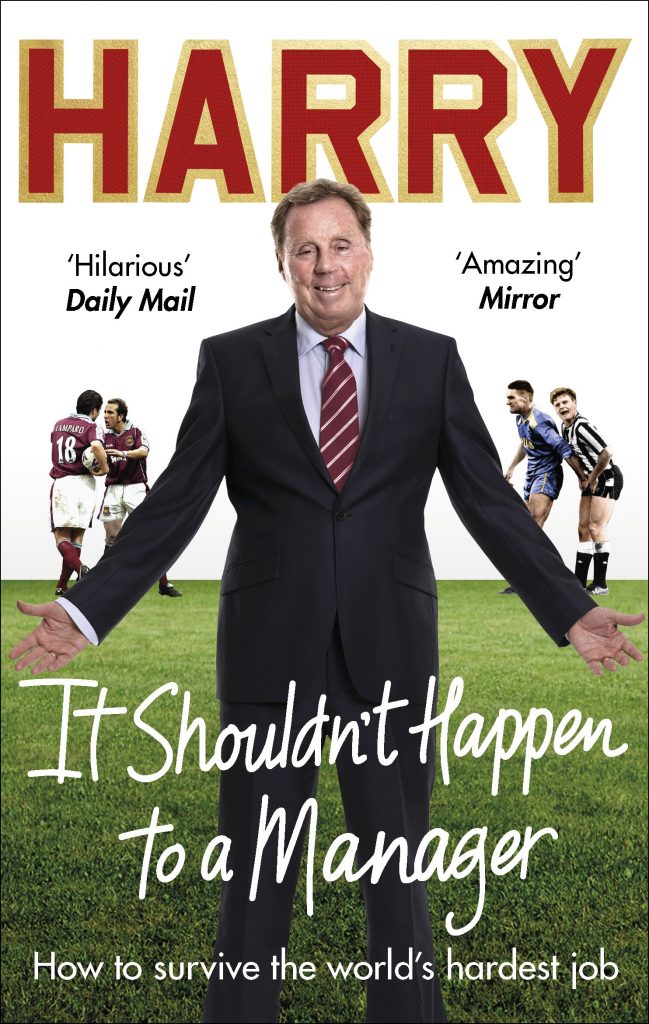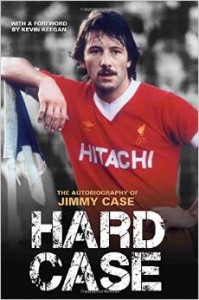Book Review: Bournemouth 90 by Billy Morris
 Saturday 05 May 1990. Bournemouth v Leeds United. The final game of the season. Win and Leeds would return to the top flight of English football after an eight year absence. Lose and Sheffield United could pip their West Yorkshire rivals to promotion. What followed that Bank Holiday weekend on the south coast is remembered as one of triumph for the Elland Road club on the pitch, with Lee Chapman’s goal enough to earn a 1-0 victory, but which was marred by serious violence off it. And it is against this backdrop that this fictional novel takes its title.
Saturday 05 May 1990. Bournemouth v Leeds United. The final game of the season. Win and Leeds would return to the top flight of English football after an eight year absence. Lose and Sheffield United could pip their West Yorkshire rivals to promotion. What followed that Bank Holiday weekend on the south coast is remembered as one of triumph for the Elland Road club on the pitch, with Lee Chapman’s goal enough to earn a 1-0 victory, but which was marred by serious violence off it. And it is against this backdrop that this fictional novel takes its title.
Of the 190 pages of this engaging, gritty, fast-paced and at times brutal dark crime thriller, all but the final eight, are set between Monday 09 April 1990 and Sunday 06 May 1990. The significance of the dates are that the first sees the central character Neil Yardsley released from prison after three years as he returns to his home city of Leeds and the second is the day after the Bournemouth v Leeds fixture; very much the ‘morning after the night before’.
Whilst the match on the south coast is the culmination of the story in a football sense, it is also the setting as other plot-lines come to a head. Indeed, whilst football is featured with Neil’s return to his mates and the ritual of attending games back at Elland Road, Morris draws in a number of other themes such as family, belonging, loyalty and betrayal as Neil’s attempt to go straight are side-tracked as he becomes drawn into the dark side of the crime, gang and drug scene in the city.
The author was born in Leeds and so the language used (and which he explains in a preface, Accents, Dialects and Pronunciation) has an entirely authentic feel, as do his descriptions of the various pubs, bars and landmarks in the city from the 1990s. This extends to his description of the football casuals scene as fashion shifted from denim clad skinheads to flick-haired Pringle wearing gangs, all giving the novel a ‘real’ feel.
What also helps provide an authenticity is the short headlines at the beginning of some chapters that gives readers context to events of the time, whether that be describing the nervous form the Elland Road team were going through as the season reached its conclusion or events in Britain in a year that saw Margaret Thatcher eventually stand down as Prime Minister.
This is undoubtedly a fast paced unflinching read, with the 48 short-sharp chapters keeping readers engaged and driving them on through to its conclusion, with the final chapter six months on after the events in Bournemouth providing one final twist.
(Publisher: Independent. August 2021. Paperback: 191 pages)

 During my teenage years, Liverpool were the dominant team in England winning numerous domestic and European titles. Part of that side was Jimmy Case a Scouser with a reputation as a hard man.
During my teenage years, Liverpool were the dominant team in England winning numerous domestic and European titles. Part of that side was Jimmy Case a Scouser with a reputation as a hard man. This will be my penultimate Championship Review as this time next month it will be as they say ‘all over’. With a fist full of games remaining the only certainty is Blackpool have been put out of their misery and returned from where they emerged a few years ago after a calamitous season on and off the pitch.
This will be my penultimate Championship Review as this time next month it will be as they say ‘all over’. With a fist full of games remaining the only certainty is Blackpool have been put out of their misery and returned from where they emerged a few years ago after a calamitous season on and off the pitch.